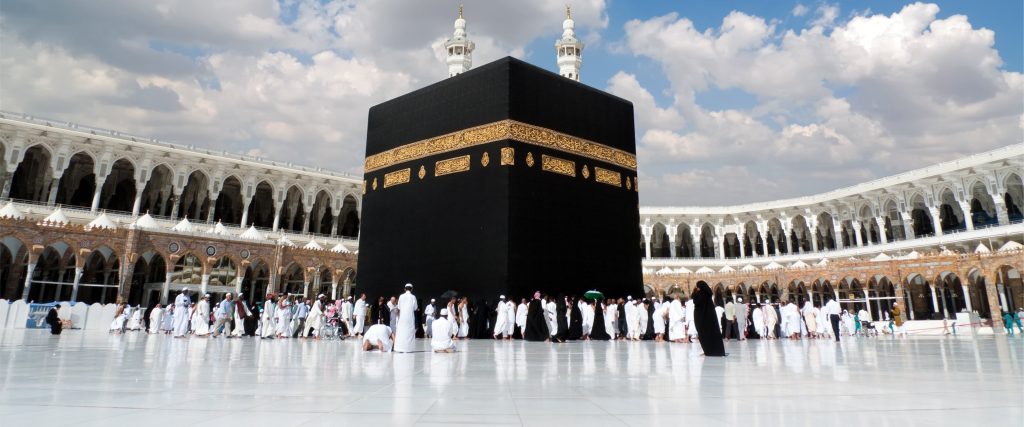Hajj is a once-in-a-lifetime journey for many Muslims, and it is essential to perform it correctly to gain its full spiritual benefits. However, many pilgrims unknowingly make mistakes that can affect the completion and validity of their pilgrimage. Here are some common mistakes to avoid during Hajj.
One of the key rituals of Hajj is circling the Kaaba significance. A common mistake is rushing through Tawaf without understanding its deeper meaning. This ritual is not just about physically moving around the Kaaba but reflecting on one’s devotion to Allah and seeking His mercy. Pilgrims should perform Tawaf with sincerity, patience, and focus rather than simply completing the required laps.
Another frequent error occurs in the steps of sacred journey. Pilgrims sometimes overlook the importance of following the correct sequence of rites. Each step has a spiritual purpose and must be performed in the prescribed order. Skipping or incorrectly executing a step can diminish the completeness of the pilgrimage. It is crucial to be well-informed about the rituals and their sequence before embarking on the journey.
The significance of ihram is another aspect where mistakes are common. Many pilgrims do not fully understand the rules associated with wearing ihram. Men and women must adhere to specific clothing requirements, and there are several prohibitions during ihram, such as cutting hair, using scented products, and engaging in disputes. Violating these rules can require offering a penalty (dam) or even invalidating part of the pilgrimage.
During Sa’i, walking between Safa and Marwah, some pilgrims rush through without reflecting on the significance of Hagar’s perseverance. This act symbolizes trust in Allah’s provision and should be performed with mindfulness. Another mistake is starting from the wrong hill or missing a lap. Pilgrims should ensure they complete the full seven rounds between Safa and Marwah properly.
The most critical part of Hajj is Arafat day importance. Many pilgrims spend their time engaging in casual conversations or failing to fully devote themselves to supplication and repentance. Arafat is the day of forgiveness, and missing the opportunity to sincerely pray and seek mercy is a significant mistake. Pilgrims should use this time wisely, focusing on dua, remembrance of Allah, and self-reflection.
In addition to these major mistakes, other common errors include improper hygiene, not maintaining patience, and engaging in arguments. Pilgrims must also be mindful of their interactions with others, as Hajj is not just about personal worship but also about displaying good character and unity with fellow believers.
By understanding and avoiding these common mistakes, pilgrims can ensure that their Hajj is performed correctly and accepted by Allah. Preparation, patience, and knowledge are key to making this sacred journey a fulfilling and spiritually rewarding experience.

